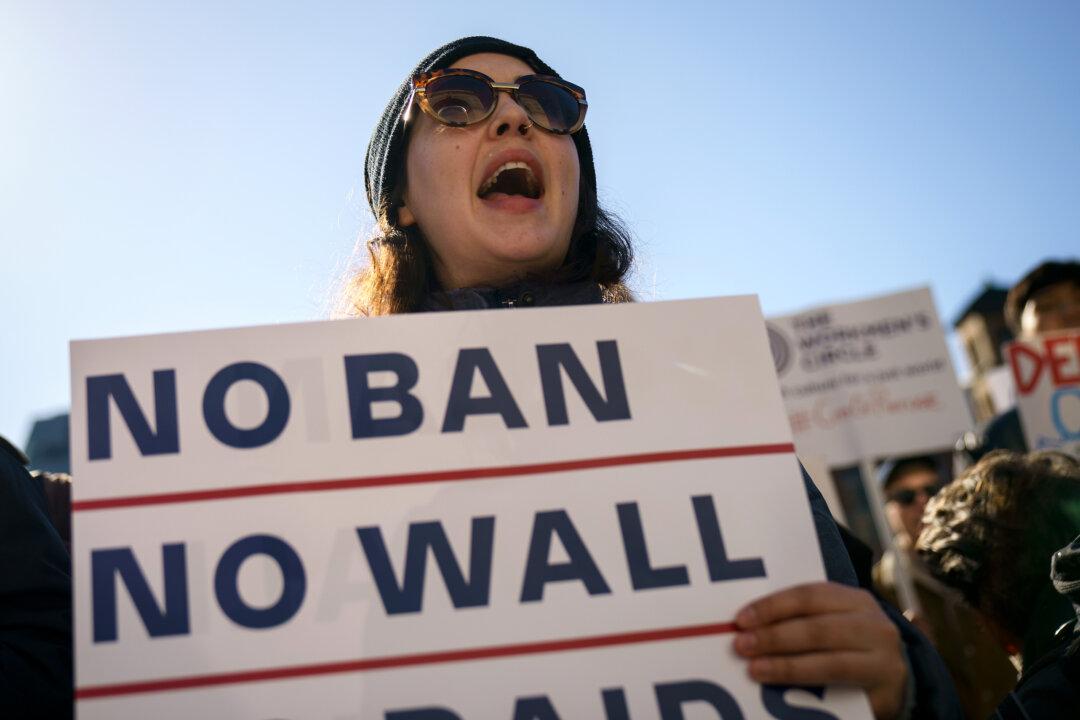The concept of social justice has come under withering criticism since the great economist Friedrich Hayek called it a mirage in his classic 1976 study. Yet it survives as an ideological term, even as a “core value” in a “helping profession” like social work.
Can it be justified in some way or should it be jettisoned, as most critics maintain, as hopelessly incoherent, vacuous, and partisan? One problem is that social justice is too easy to use as an all-purpose justification for any policy or program.





